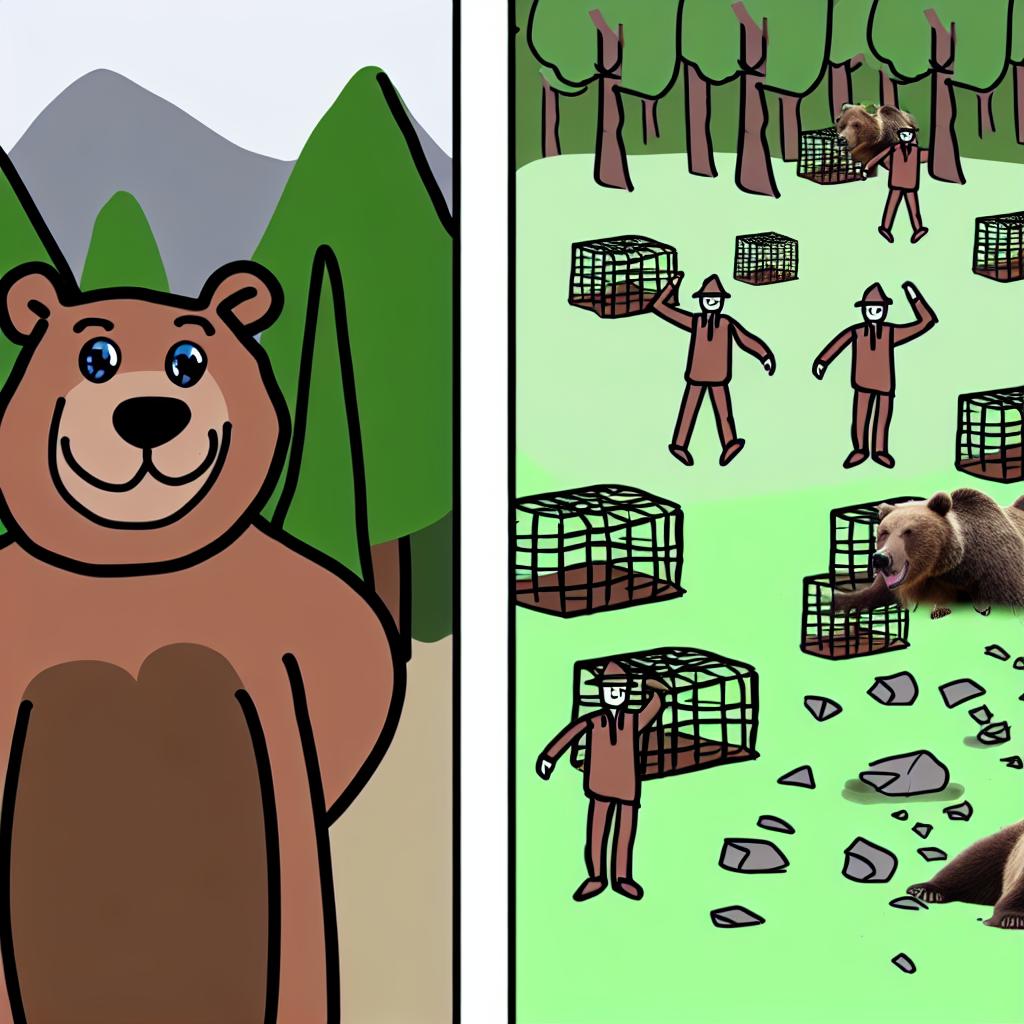The Scope of Bear Poaching and Illegal Trade
The illegal trade of bear parts is a significant issue affecting bear populations across the globe. Bears are targeted for their gallbladders and bile, which are used in traditional medicine, and their paws, considered a delicacy in some cultures. This demand has led to extensive poaching activities, resulting in declining bear populations and threatening their survival.
Efforts to Combat Poaching
There are several strategies being implemented worldwide to address the issue of bear poaching. Wildlife protection agencies and organizations are working together to strengthen enforcement and improve conservation efforts. Here are a few key approaches:
Enhanced Law Enforcement: Agencies are increasing their efforts to monitor and intercept illegal activities associated with bear poaching. Collaboration between local authorities and international organizations helps in tracking poaching networks and prosecuting offenders.
Community Engagement: Educating local communities about the importance of bear conservation is crucial. By raising awareness about the negative impacts of poaching, communities can become allies in protecting bears rather than participants in illegal activities.
Technological Advances: The use of technology, such as drones and satellite tracking, assist in monitoring bear populations and poacher movements. These technological tools provide real-time data that aids in the swift response to poaching incidents.
Legal Frameworks and International Cooperation
Many countries have implemented legal protections for bears, prohibiting hunting and trade in bear parts. International treaties like the Convention on International Trade in Endangered Species of Wild Fauna and Flora (CITES) provide a framework for global cooperation in combating illegal wildlife trade.
Challenges in Enforcement
Despite these efforts, several challenges persist. Corruption, limited resources, and the lucrative nature of the illegal bear trade often undermine conservation activities. It is imperative for enforcement agencies to receive adequate support and resources to effectively execute their duties.
The Role of Non-Governmental Organizations (NGOs)
Numerous NGOs play a critical role in the fight against bear poaching. Organizations such as the World Wildlife Fund and International Fund for Animal Welfare conduct research, advocate for policy changes, and support on-the-ground conservation efforts. These organizations often fund anti-poaching measures and work closely with governments and communities.
The Future of Bear Conservation
The fight against bear poaching and the illegal bear trade is ongoing and complex. It requires a multifaceted approach that includes stronger legal measures, global collaboration, and community involvement. While progress is being made, continuous efforts are essential to ensure the survival of bear species worldwide. By addressing the root causes of poaching and enhancing global cooperation, we can provide better protection for bears and preserve their habitats for future generations.

